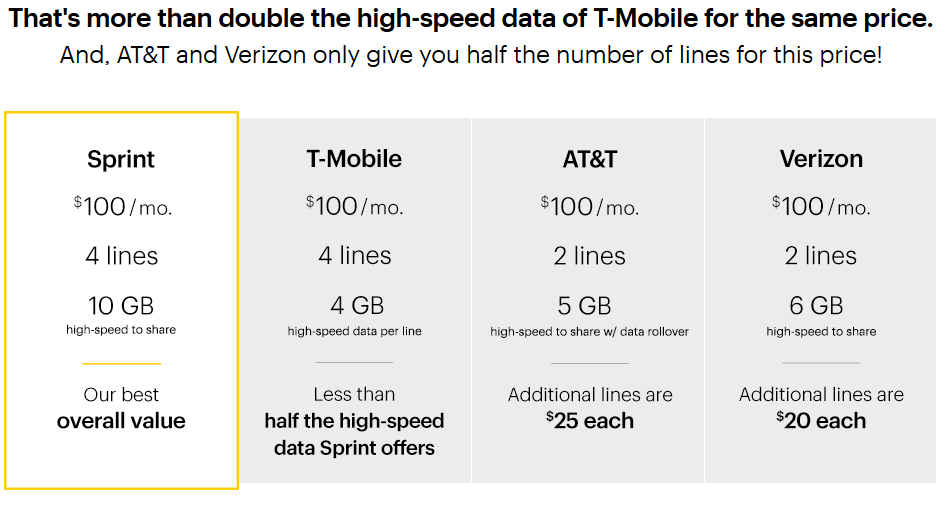
Telecom network operator Sprint, majority owned by SoftBank of Japan, is planning to shut off broadband access to more than 300,000 Americans next month.
According to a lawsuit filed by two nonprofit organizations — Mobile Citizen and Mobile Beacon — in Massachusetts, Sprint will shut down the network, which supports Internet to these organizations by November 6.
The decision to shut down the WiMax network follows the acquisition of Clearwire in 2013 by Sprint. Sprint wants its users to migrate to LTE network. Mobile Citizen and Mobile Beacon will not be able to migrate their schools, libraries and nonprofits over to Sprint’s LTE network because it is throttling their Internet service.
Sprint was not available for comments.
Mobile Citizen and Mobile Beacon charge $10 a month to provide broadband service to 429 schools, 61 libraries and 1,820 nonprofit organizations across the US. The strategy of Sprint will impact some schools, libraries and nonprofit organizations.
“Sprint has publicly professed a commitment to closing the digital divide. It must stop this injustice and stand up for the hundreds of thousands of children, families, teachers and community members who will be shut out of the American dream if they don’t have access to the Internet,” said John Schwartz, founder and president of Mobile Citizen.
The nonprofits that make up Mobile Citizen and Mobile Beacon leased a portion of their spectrum to Clearwire for 30 years in 2006 in exchange for the ability to provide broadband service to schools, libraries and nonprofit organizations.
West High School in Salt Lake City, one of 429 schools on the brink of losing Internet access, has more than 2,500 students, 97 percent of whom are eligible for free or reduced lunch.
Through their litigation, Mobile Citizen and Mobile Beacon are asking the court in Massachusetts to require Sprint to fulfill its contractual obligations and prevent schools and nonprofits from losing their Internet access.
Baburajan K
[email protected]





